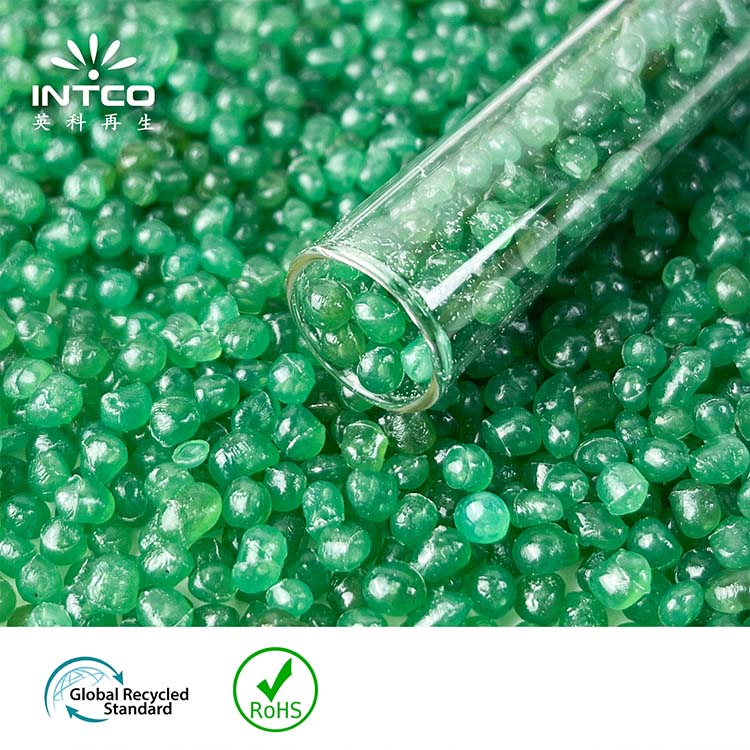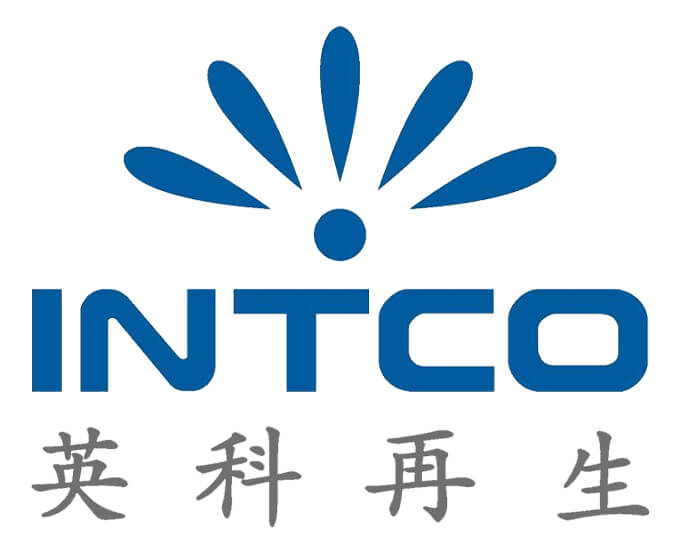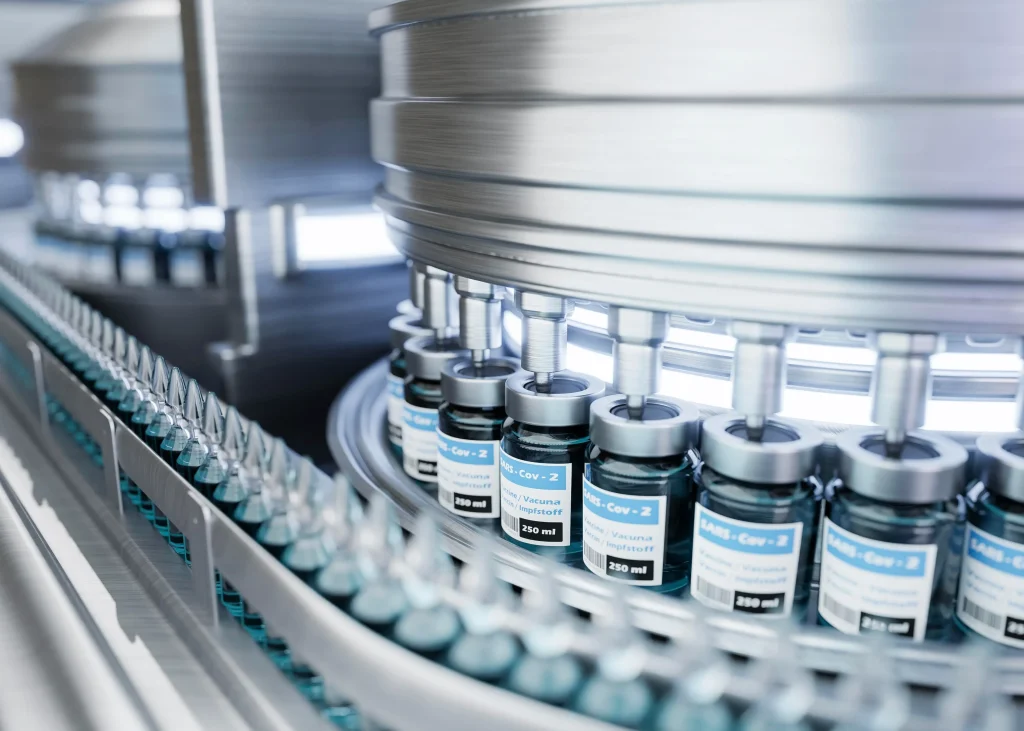Overview of Recycled PS chips/pellets
Definition and Importance
Recycled PS chips/pellets are materials derived from the recycling of polystyrene (PS) waste. These recycled pellets can match the quality and attributes of virgin General Purpose Polystyrene (GPPS), such as compressive strength, density, thickness, and thermal conductivity. They play a vital role in reducing plastic waste and promoting sustainability. Certified by standards like GRS, REACH, and ROHS, these recycled materials help in energy conservation and environmental protection by minimizing the need for virgin PS production.
Current Applications
The current applications of recycled PS chips/pellets are diverse and expanding. They are commonly utilized in the manufacture of extruded insulation foam boards, consumer goods like buckets and mugs, and opaque packaging materials. These applications are testament to the versatility of recycled PS chips/pellets, whose quality allows for use in various industries, reducing dependency on virgin plastics and supporting eco-friendly production practices.
Environmental Benefits
The environmental benefits of using recycled PS chips/pellets are substantial. They significantly lower greenhouse gas emissions, as suggested by several life cycle assessments showing reduced CO2e compared to incineration. Moreover, recycling PS conserves energy and reduces demand for fossil fuel resources, making substantial contributions to climate change mitigation and aiding in the reduction of the overall carbon footprint of plastic production.
INTCO Recycling offers recycled PS chips/pellets that are derived from global EPS waste foam. These recycled PS chips/pellets are widely used in the application of XPS extruded insulation foam boards. They serve as an excellent alternative to GPPS material, providing energy savings and environmental protection. The quality of INTCO’s recycled PS chips/pellets is comparable to GPPS, particularly in terms of compressive strength, density, thickness, and thermal conductivity. These recycled PS chips/pellets are certified with GRS, REACH, ROHS, and other relevant certifications, ensuring their adherence to quality and environmental standards. INTCO Recycling’s commitment to sustainable development and resource recycling positions them as a leading manufacturer in the industry.

Market Opportunities for Recycled PS
Growing Demand in Various Industries
The demand for recycled PS chips/pellets is steadily growing across various industries. This increase is driven by the combined pressure of regulatory guidance and the heightened awareness of environmental sustainability. Industries are increasingly opting for recycled materials to meet their eco-friendly objectives and cater to the environmentally conscious consumer base.
Consumer Electronics
The consumer electronics sector represents a crucial market with an increasing demand for recycled PS chips and pellets. These recycled materials are utilized in the production of numerous electronic product casings and components. By incorporating recycled PS, companies can minimize their carbon footprint and adhere to environmental regulations, while also attracting consumers who value sustainability in their buying choices.
Packaging Industry
The packaging industry represents another significant opportunity for recycled PS chips/pellets. Recycled PS is being used to create packaging solutions for diverse products, ranging from food items to consumer goods. This sector’s transition to using more recycled PS materials is driven by both regulatory requirements and consumer demand for sustainable packaging solutions. The lightweight yet durable nature of recycled PS validates its suitability for packaging applications.
Automotive Sector
The automotive sector is increasingly turning to recycled PS chips/pellets as manufacturers strive to enhance the sustainability of their vehicles. Recycled PS is utilized in the production of interior car components, insulation, and various non-structural parts. This not only reduces environmental impact but also promotes material efficiency. Moreover, the consistent quality of recycled PS ensures its viability as a replacement for virgin materials, supporting circular economy goals within the industry.
Technological Advancements Impacting Supply Chain
Emerging Recycling Technologies
Technological advancements are playing a crucial role in enhancing the supply chain efficiency and expanding the capabilities for recycling PS. Emerging recycling technologies are paving the way for increased recovery rates and higher-quality recycled PS chips/pellets.
Chemical Recycling
Chemical recycling has become a notable method for decomposing polystyrene waste back into its monomers, allowing for reuse in new polystyrene production. This method is capable of handling contaminated and mixed plastic waste, presenting a more adaptable and efficient solution compared to conventional mechanical recycling. As this technology advances, its efficiency and scalability are anticipated to enhance, thereby increasing the availability and quality of recycled polystyrene chips/pellets.
Advanced Sorting Techniques
Advanced sorting techniques, including the use of Near-Infrared (NIR) spectroscopy and other sensor-based technologies, have significantly improved the accuracy and efficiency of recycling processes. These advancements lead to higher purity levels of recovered materials, ensuring that recycled PS chips/pellets meet the stringent quality requirements of various end-use applications.
Automation and AI Integration
Automation and the integration of Artificial Intelligence (AI) are revolutionizing the recycling industry. AI-driven systems can optimize sorting and separation processes, reduce contamination rates, and increase overall efficiency in recycling facilities. Robotics and automated machinery streamline the production of recycled PS chips/pellets, thus enhancing production capacity and minimizing human error. These technological innovations are essential in scaling up recycling operations to meet the rising demand for sustainable materials.
Recycled PS chips/pellets are becoming indispensable in a sustainable market, driven by growing awareness, regulatory pressures, and technological advancements. As industries across the board continue to embrace these materials, the market for recycled PS is poised for significant growth, promising a future where sustainability and efficiency go hand in hand.
Regulatory Environment and Its Influence
New Policies Promoting Recycling
Government policies and regulations around the world are increasingly promoting recycling and the use of sustainable materials. Policies such as extended producer responsibility (EPR) mandates require manufacturers to take responsibility for the end-of-life management of their products. These regulations incentivize companies to incorporate recycled PS chips/pellets into their products, driving demand and encouraging innovation in recycling technologies. Additionally, many countries have introduced bans on single-use plastics and have set targets for reducing plastic waste, further boosting the market for recycled materials. These policies are designed to reduce environmental impact, conserve natural resources, and promote a circular economy.
Compliance and Standardization
Compliance with regulatory standards is crucial for the acceptance and success of Recycled PS chips/pellets in the market. Organizations like the Global Recycle Standard (GRS), REACH, and ROHS provide certifications that validate the quality and safety of recycled materials. These certifications assure manufacturers and consumers that the recycled PS pellets meet stringent environmental and safety standards. Moreover, standardization across the recycling industry helps in maintaining consistent quality of recycled products, making it easier for companies to incorporate them into their production processes. As regulatory frameworks evolve, compliance and standardization will play an increasingly vital role in shaping the future of the recycled PS market.
Challenges Facing the Recycled PS Market
Quality and Contamination Issues
Despite the numerous benefits, the recycled PS market faces significant challenges, particularly related to quality and contamination. One of the primary concerns is the contamination of PS waste, which can affect the quality of the recycled products. Contaminants such as food residues, labels, and other plastics can complicate the recycling process and lead to lower-quality outputs. High purity levels are essential for Recycled PS chips/pellets to be viable substitutes for virgin materials. Overcoming these challenges requires advanced sorting and cleaning technologies, as well as educating consumers and businesses about proper recycling practices to reduce contamination at the source.
Economic Feasibility
The economic feasibility of recycling PS is another challenge that impacts the market. The costs associated with collecting, sorting, cleaning, and processing PS waste can be high, potentially outweighing the financial benefits. Additionally, fluctuations in the prices of crude oil and virgin plastics can influence the market dynamics, affecting the competitiveness of Recycled PS chips/pellets. Investments in advanced recycling technologies and the adoption of more efficient processes can help reduce costs and make recycled PS more economically viable. Incentives and subsidies from governments can also play a crucial role in supporting the recycling industry and making it more competitive.

Future Outlook and Predictions
Potential Growth Areas
Expansion in Developing Markets
Emerging markets offer substantial growth potential for recycled PS chips and pellets. With industrialization and urbanization on the rise in these areas, the need for sustainable materials is anticipated to grow. Additionally, numerous developing nations are enacting stricter environmental regulations and encouraging recycling efforts to tackle escalating waste management issues. The development of recycling infrastructure in these markets will stimulate demand for recycled PS, opening new growth opportunities. Furthermore, global partnerships and investments can aid in transferring advanced recycling technologies to these regions, enhancing the market potential even further.
Innovations in Product Development
Innovations in product development are likely to open new applications for Recycled PS chips/pellets. Researchers and manufacturers are continually exploring ways to enhance the properties of recycled PS, making it suitable for a broader range of applications. For instance, advancements in additive technologies can improve the material’s strength, heat resistance, and other characteristics, enabling its use in high-performance applications such as automotive parts and consumer electronics. Additionally, the development of biocompatible aAnd biodegradable blends can further extend the use of recycled PS in medical devices and packaging solutions, promoting sustainability across various sectors.
Long-Term Market Projections
Looking ahead, the long-term market projections for Recycled PS chips/pellets are promising. As global awareness of environmental issues continues to grow, the demand for sustainable materials will rise across industries. The ongoing advancements in recycling technologies and the expansion of recycling infrastructure are expected to improve the efficiency and quality of recycled PS production. Furthermore, supportive regulatory frameworks and government incentives will continue to drive the adoption of recycled materials.
By 2030, the market for recycled PS is projected to experience significant growth, driven by increased consumer demand for eco-friendly products and the integration of recycled materials into supply chains. Companies that invest in sustainable practices and embrace the use of Recycled PS chips/pellets will be better positioned to meet future regulatory requirements and consumer preferences, ensuring their competitiveness in a sustainability-driven market.
To sum up, the prospective trends and market opportunities for recycled PS chips/pellets are influenced by regulatory factors, technological progress, and an increasing focus on sustainability. Although there are challenges related to quality and economic viability, the market is set for expansion, especially in developing areas and innovative uses. With ongoing support and investment, recycled PS chips/pellets will be essential in fostering a circular economy and meeting global sustainability targets.
Driven by proactive innovation, INTCO aims to become a global leader in resource recycling. They continue to advance their plastic recycling technologies and expand their product offerings to include other types of plastics. With their dedication to sustainability and circular economy principles, INTCO Recycling contributes to a greener and more environmentally conscious future.












